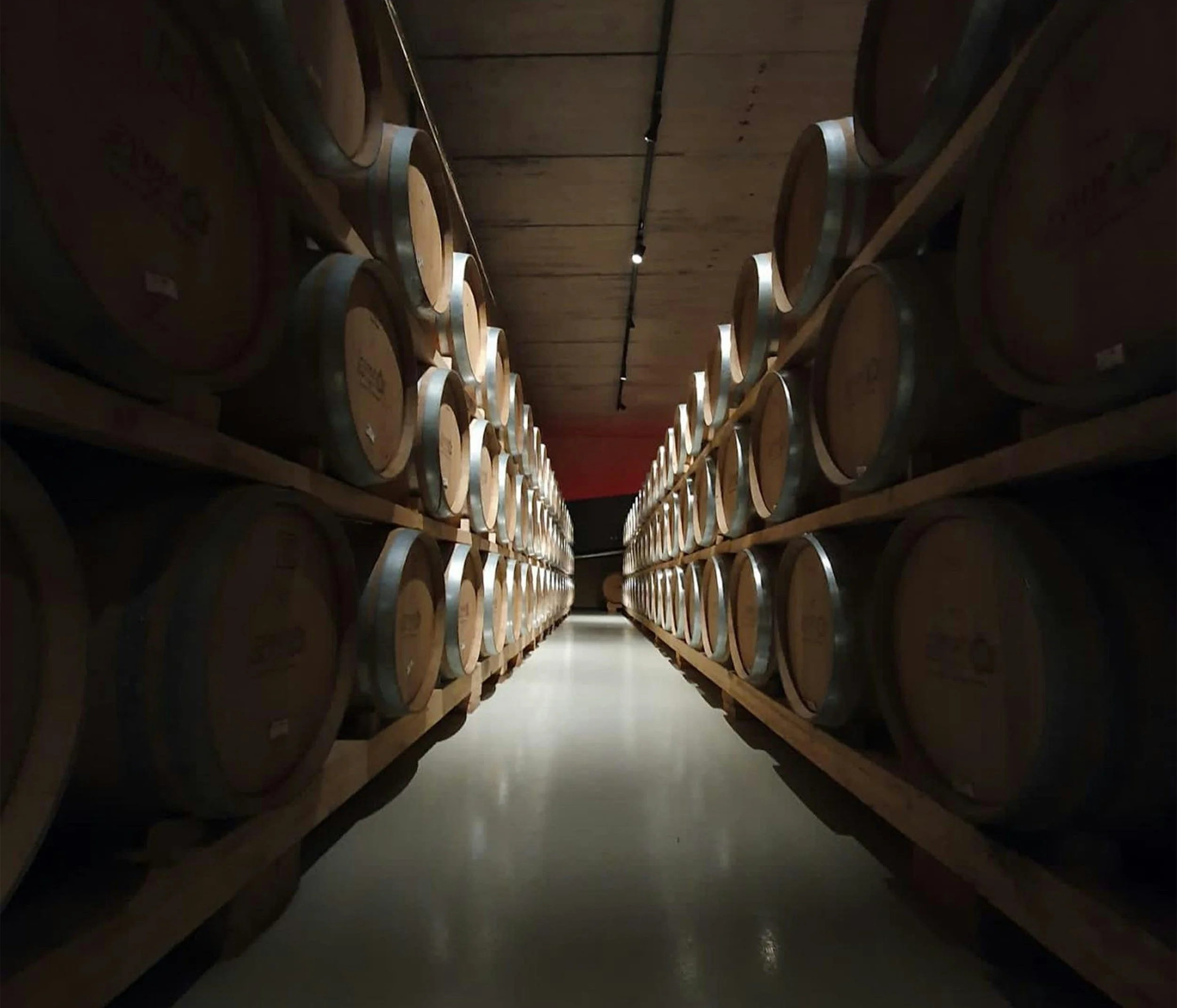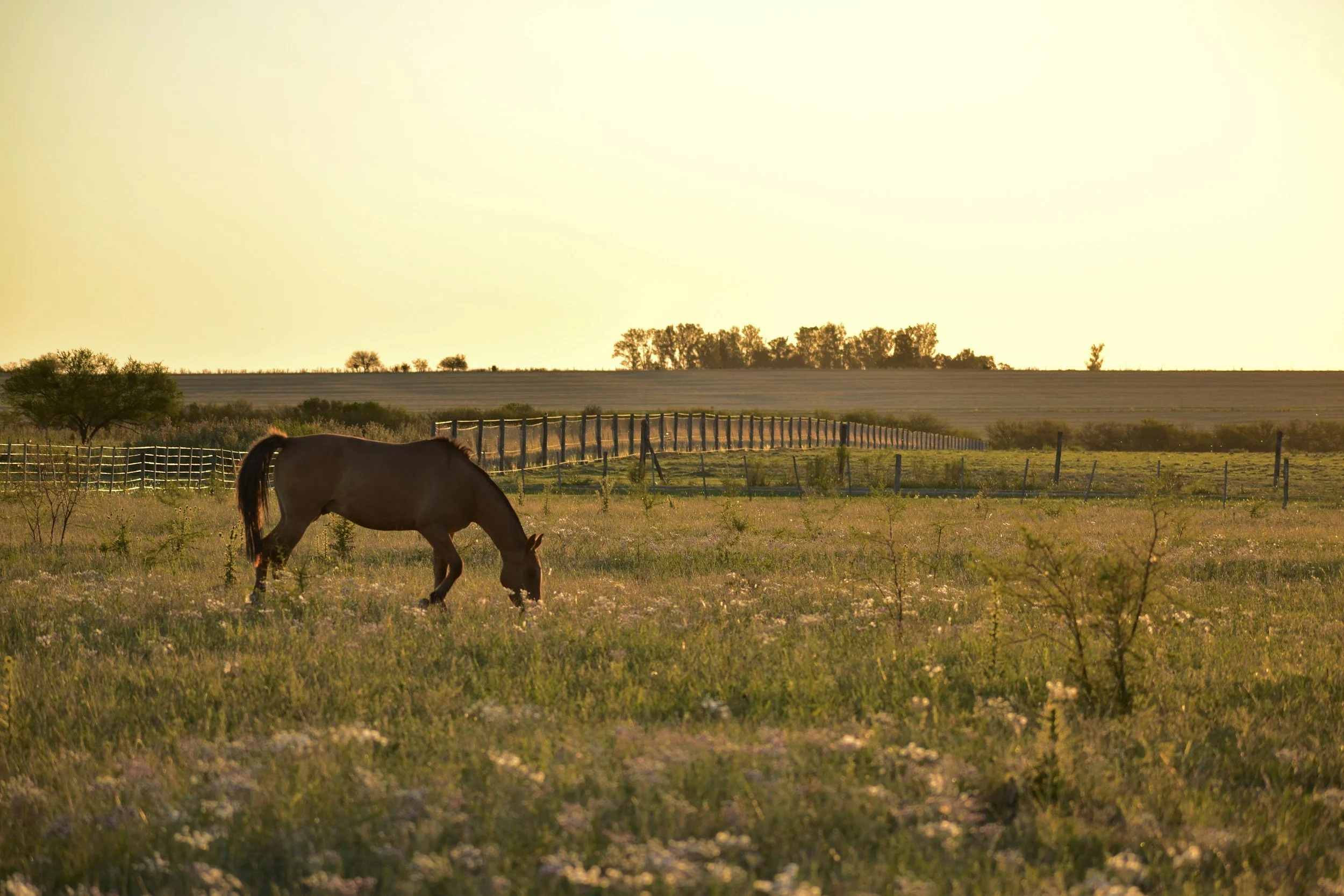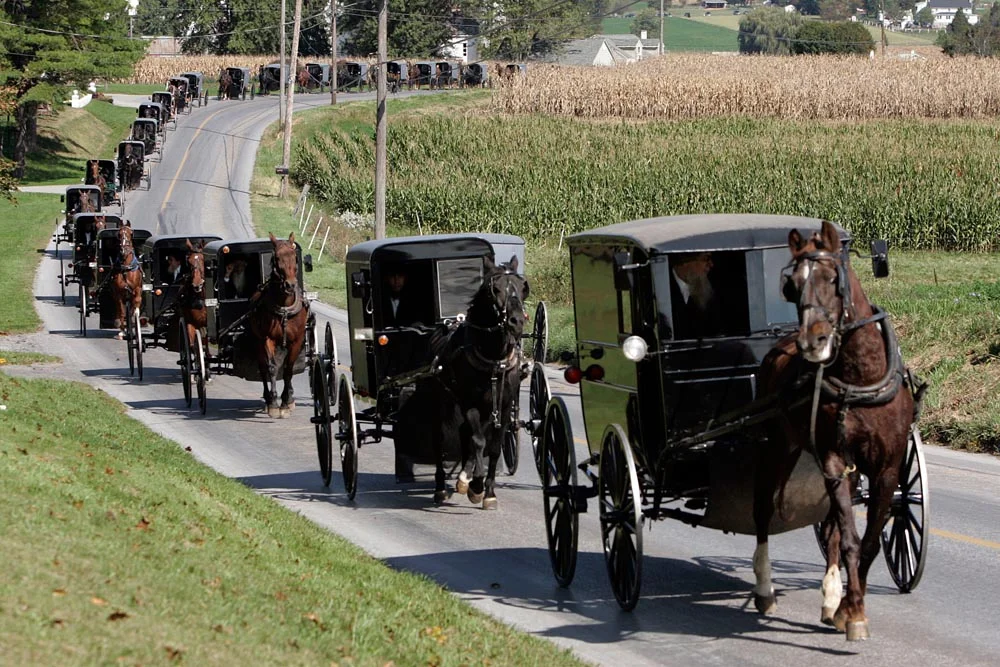In 2016, Congress passed a law requiring labeling of bioengineered food products, more commonly known as Genetically Modified Organism or GMO food products. Many believe this mandatory labeling requirement is unconstitutional. The reason for this belief, surprisingly, derives from a 2015 Supreme Court case regarding road signage in Arizona.
Homemade, Natural Skin Healing Products Land Bath County Amish Man in Federal Prison
Meet Sam Girod: An Amish man and father of twelve from Bath County, Kentucky. Girod produces various forms of salves (i.e., products used to heal and protect the skin) out of his home in Bath County. Girod sold his “Chickweed Salve” out of his home and in small convenience stores in Kentucky and Missouri. In 2013, Girod was reported to authorities in Missouri, leading to an injunction being ordered by a federal judge and the involvement of authorities in Kentucky. Of particular concern was Girod’s “Chickweed Salve,” containing natural ingredients such as rosemary, beeswax, and olive oil.
What Are Navigable Waters?
In June of 2015, the Environmental Protection Agency (EPA) published new definitions in the Federal Register, redefining the “waters of the United States.” One of the new definitions expands the traditional meaning of “navigable waters” from exclusively large bodies of water that facilitated interstate commerce to almost any body of water found in the United States, including small creeks and farm ponds. This has led to a large uproar across the country with numerous organizations challenging the new regulation, implemented with no Congressional oversight.
Newport Banning Ranch
In sunny southern California there sits a 401 acre parcel of land that has been a subject of controversy for at least four years. This parcel of land is prime waterfront real estate near West Newport Beach that served as an active oilfield for some time. This tract of land also plays host to Native American archeological sites, and serves as a habitat for several rare and sensitive animals species, including the burrowing owl, the California Gnatcatcher, and the endangered San Diego Fairy shrimp. The parcel is now considered an ‘eye sore’ on the coastline, and recent development proposals may be slated to change this – if the plans can ever get approval.
Bees... What's All the Buzz About?
When you think of bees, what comes to mind? Many might think of honey. Others might think of the sight of a bee landing on a newly bloomed spring flower. Few think of the bee as a pivotal player in the agricultural world. However, that is precisely what the bee is: a necessary player in the production of the world’s food supply.
President Trump and Immigration: The Implications for American Farmers
In a speech given in Phoenix, Arizona, President Donald Trump stated that illegal immigration is “one of the greatest challenges facing our country today.” Indeed, throughout the President’s campaign, immigration was used to spark outrage against the existing immigration policy of the United States. However, a critical aspect of immigration reform that has not been given enough consideration is the potential impact on American farms.
Daily Necessity Turned into Difficult Tasks to Stay Healthy
Imagine having to boil all of your water before using it in your home. Many of us have come so accustomed to having clean water at our finger tips that the thought of boiling water before use is a foreign concept that we believe only happens in other places in the world. As a result of the water purity systems that have developed over time, clean water is just something that we now expect to have. However, for many people in the city of Pittsburgh, having clean water was recently hard to come by.
Life in the Fast Lane: Horse Racing's Drug Addiction
Ralph Waldo Emerson wisely stated that money often costs too much, and it seems that horse racing profits are no longer justifying the cost to horses, which are being harmed by the rampant abuse of drugs, used both to numb and to enhance a horse’s performance. Prevention of such abuse has historically taken the form of urine and blood testing after races, but recently, more and more governing bodies are adopting regulations allowing off-track drug testing at private facilities, raising privacy issues for those affected by the regulations.
Legality of Insuring Marijuana: Where There's Smoke, There's Fire
Crop insurance is big business in America. The federal government provided, through the Federal Crop Insurance Program (FCIC), 1.2 million crop insurance policies in 2015, covering 120 different crop varieties over 297 million acres, with a value of roughly $102 billion. Private insurers, who are regulated by each individual state, provided another $37 billion in coverage. This amounts to almost a $140 billion dollar industry per year. Agriculture, as a whole, amounts to roughly 5% of the gross domestic product (GDP) and employs around 10% of the workforce in the United States. As such a large and vital market in the economy, there is a large public interest in protecting the agriculture market through the use of insurance. When natural disasters occur and destroy large swaths of crop, or market fluctuations decrease the price of a crop that was valuable when planted, but is no longer valuable at harvest, crop insurance allows farmers to “pay their bankers, fertilizer suppliers, equipment providers and landlords; purchase their production inputs for the next season; and give them the confidence to make long term investments that will increase their production efficiency.”














